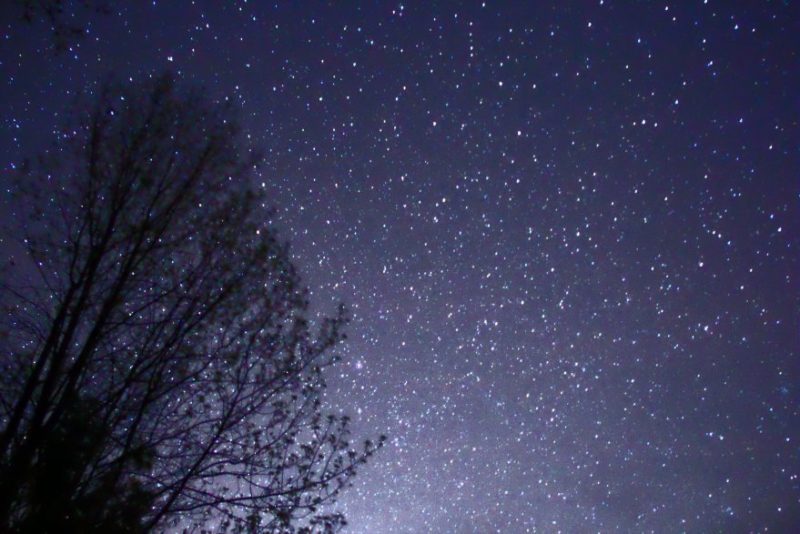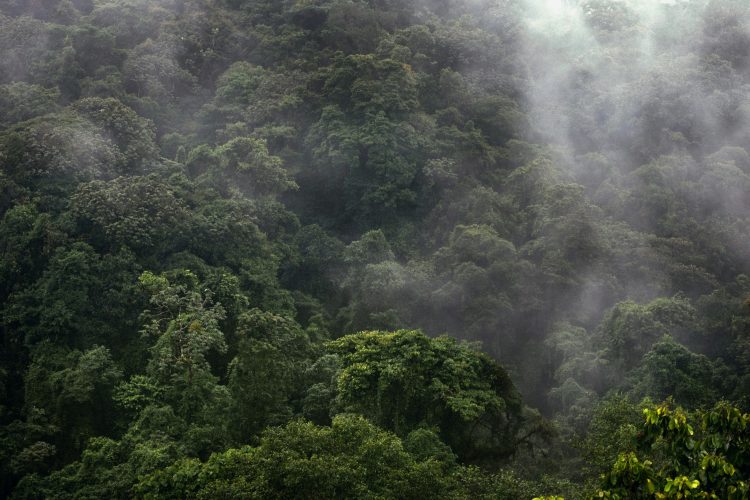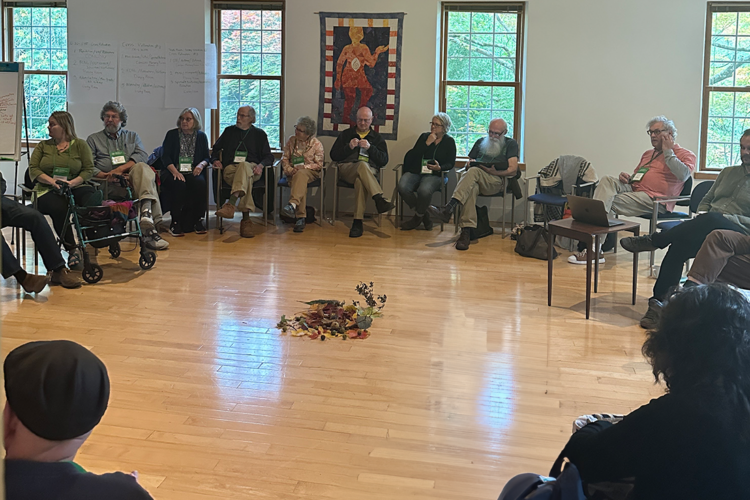Our Birthright: The Night Sky

By Shelley Tanenbaum.
I’m not one to believe that the universe owes me (or anyone) anything. But, after spending five nights camping in semi-remote places between Denver and San Francisco, seeing what appeared to be an infinite number of stars and the Milky Way every night, I am moved to say that every one of us has a birthright to the night sky.
On my recent July camping trip, the night sky revealed itself slowly each night. First to appear were the planets, Saturn and Mars. Soon after, constellations appeared that are sometimes visible in the city where I live—Scorpio and Cygnus the Swan (also known as the Northern Cross). Then it got really interesting, with more constellations and a seemingly infinite number of stars becoming brighter. Then, blurred streaks of white appeared looking towards the east, arching from north to south about halfway between the horizon and straight overhead. I could see the signature of our galaxy, the Milky Way. From where I stood in a far arm of the galaxy, I was staring into the core of the spiral of the Milky Way through billions of stars far brighter than our sun.
Each of us deserves to be aware of our place in the universe. Imagine how much more we would care about each other, the Earth, and sharing global resources if we could feel the sense of wonder and awe that comes with viewing a clear night sky. Most of us experience and appreciate earth-bound natural wonders, such as a pristine lake, a city flower, or a magnificent mountain. Even more than experiencing earth-bound wonders, the night sky shows us that we are just a tiny speck in the universe, and that we share that experience with every human on Earth and throughout human history. Knowing the night sky is to deeply understand our common place in space.
In revelry, as I was hurtling through our galaxy and beyond, I was simultaneously brought back to Earth with the realization that most people on the planet do not have the opportunity to spend five nights camping in semi-remote spaces. Our care for the planet needs to be coupled with our care for each other, so that each of us can have the opportunity, even if for only a few days a year, to feel our birthright, our sense of place in the cosmos.

